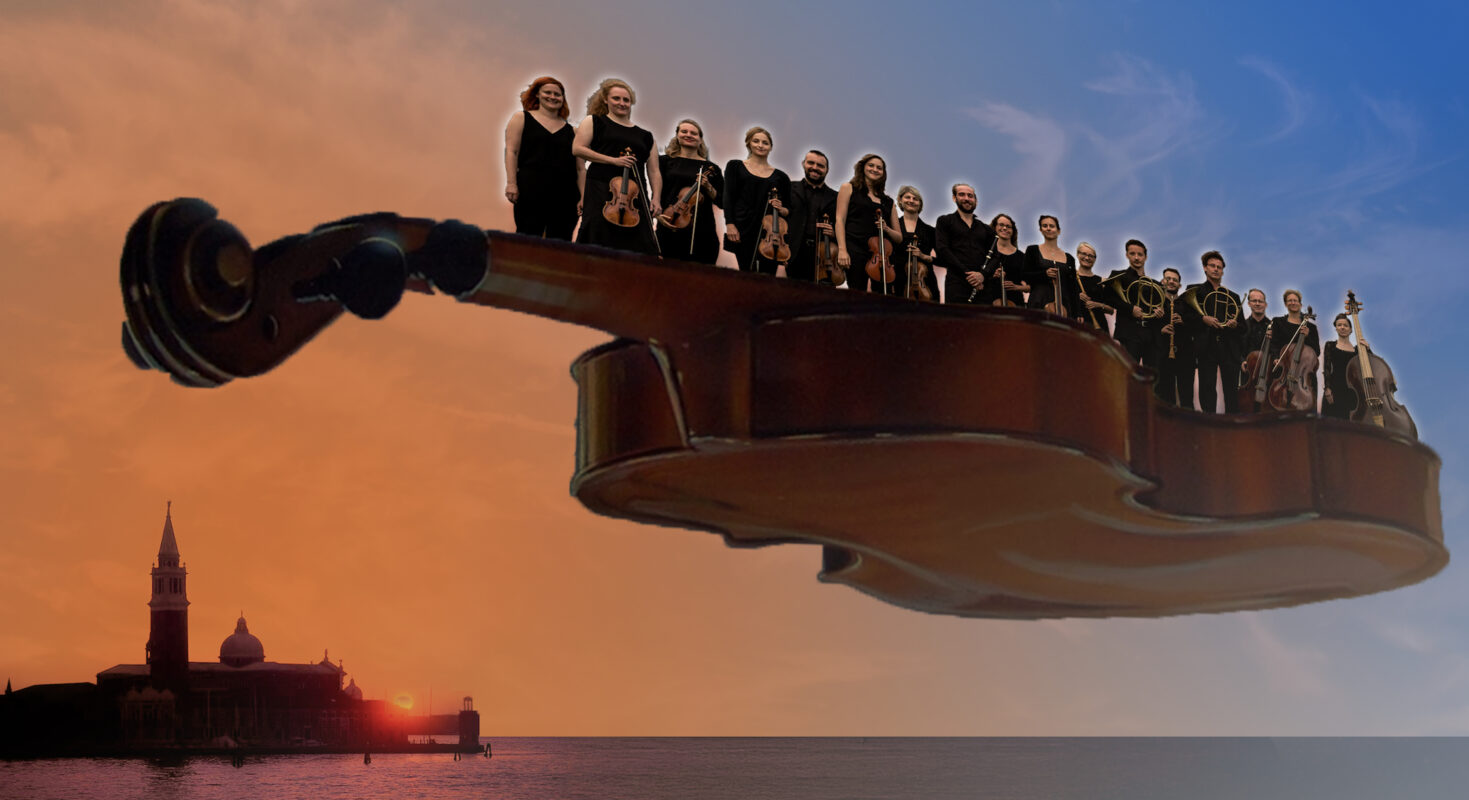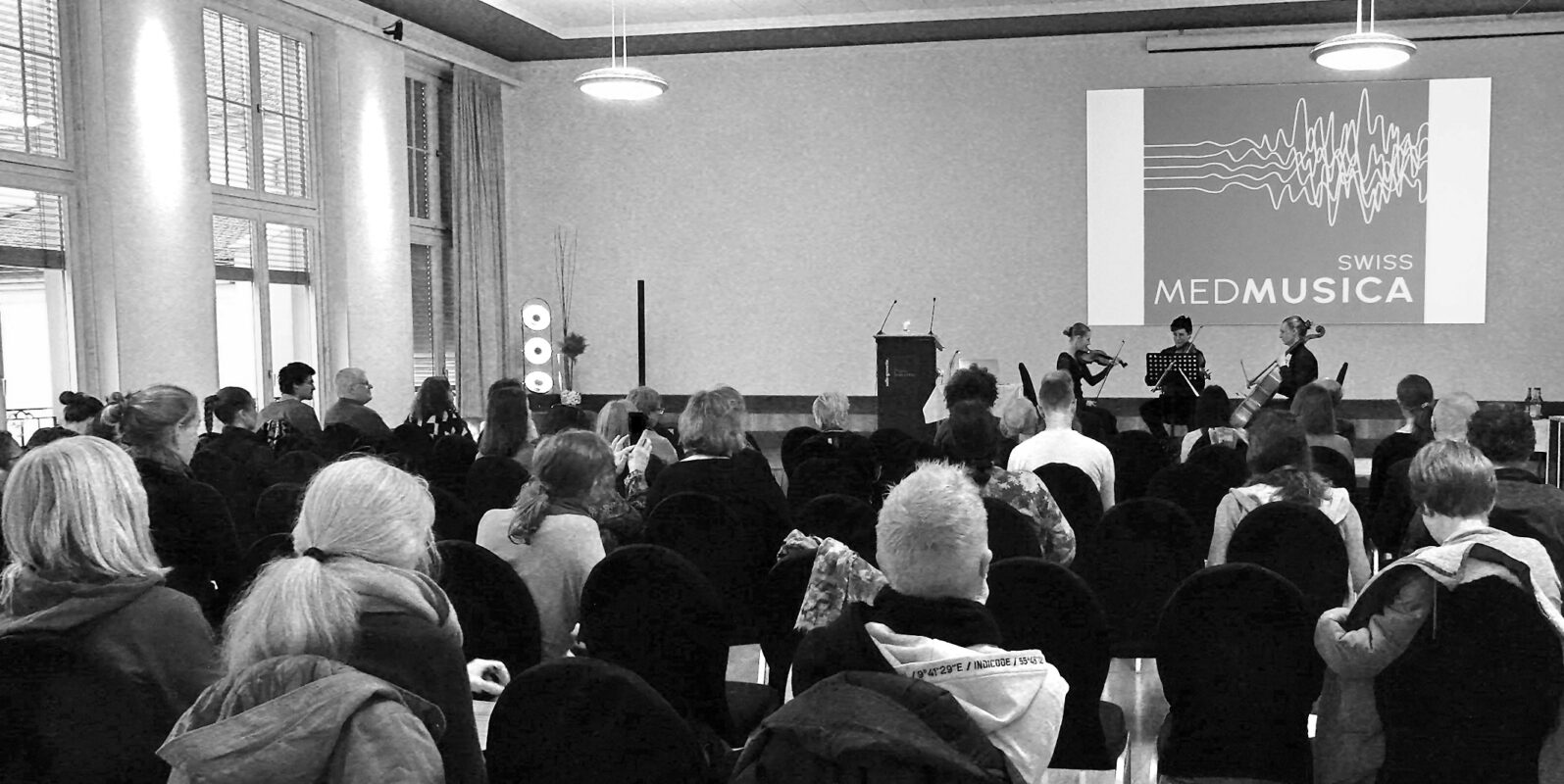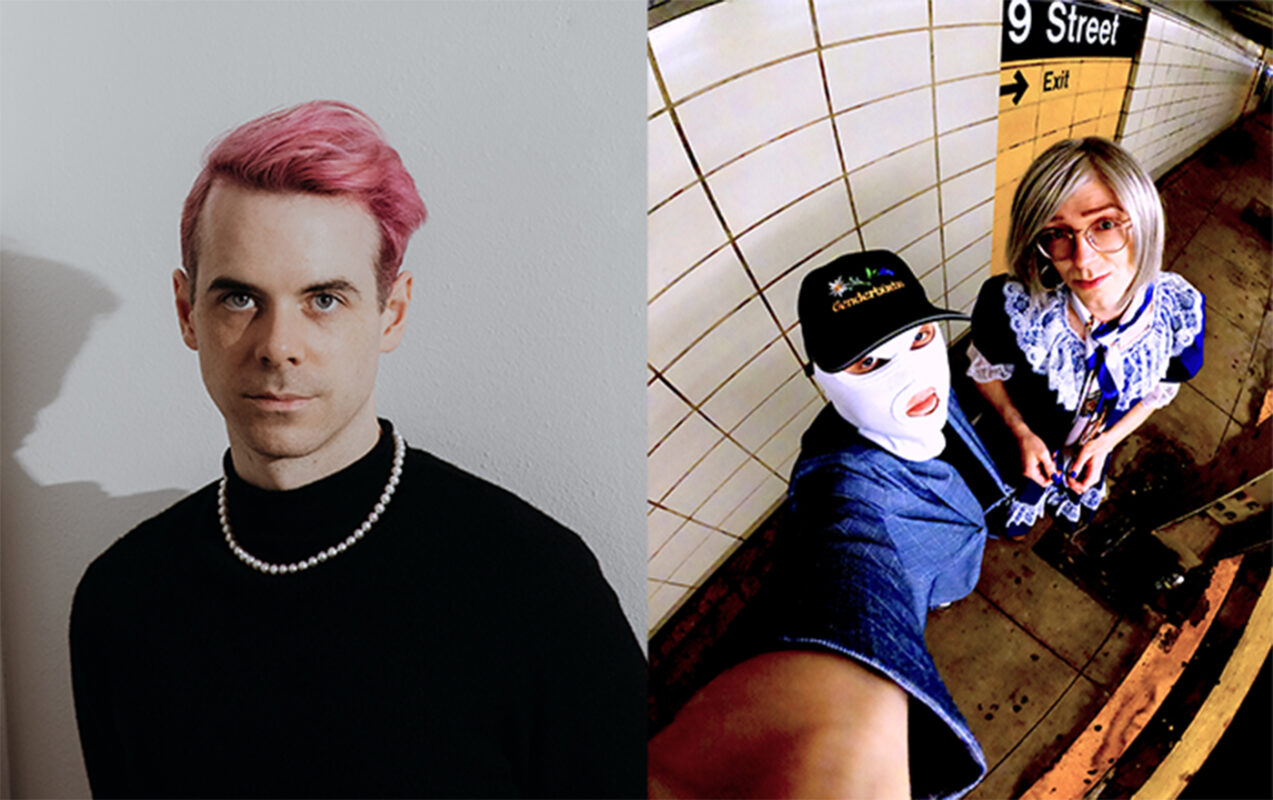Developing as a choir by singing in front of experts
Participating in singing festivals and singing in front of experts is one of the highlights of the choir year for many SCV choirs.
Lukas Bolt, co-responsible for expertise at the SCV, gives an insight into current developments.
Lukas Bolt, why do choirs actually want to sing in front of experts?
II see two main needs. On the one hand, choirs would like to receive a competent external view of their performance and find out what they can work on to make their performances even more successful. On the other hand, there is also the need to compare themselves with other choirs.
How do you deal with these two needs?
The focus of the singing festivals should be on further development. The choir and, in particular, the choir management should take away specific points that they can continue to work on. We would like to satisfy our desire to compare and measure ourselves more and more at choir competitions, which we also organize on a regular basis.
What characterizes an :n expert :in choral singing ?
On the one hand, as a choir director, you need a lot of experience with choirs at different levels, from amateur to (semi-)professional choirs. The second very important aspect is to give the choirs comprehensible and support-oriented feedback. This requires a lot of interpersonal skills. Experts also take part in the regular further training courses we organize in order to keep up to date with the latest technical and pedagogical developments.
How does singing in front of experts actually work, what can a choir that has never done this before imagine?
This currently varies depending on the singing festival. Usually, two experts listen to a performance and one expert gives constructive feedback and, if desired, a grade. We have about a quarter of an hour per choir for this. Half of this is with the entire choir or the board, the other half is with the choir director alone, as this allows us to go into more detail on technical topics. The choir directors also value this outside view from colleagues enormously.
You have made some changes to the expert system in recent months. What specifically?
We used to have a huge Expert :inside list of up to 100 people. However, many of them were never used. We therefore had to reduce the list and will only work with around 50 people in future. For example, it was important to us to have a mix of younger and older experts. To ensure that everyone is regularly deployed, I and the person responsible for French-speaking Switzerland, Caroline Meyer, are in charge of coordination.








